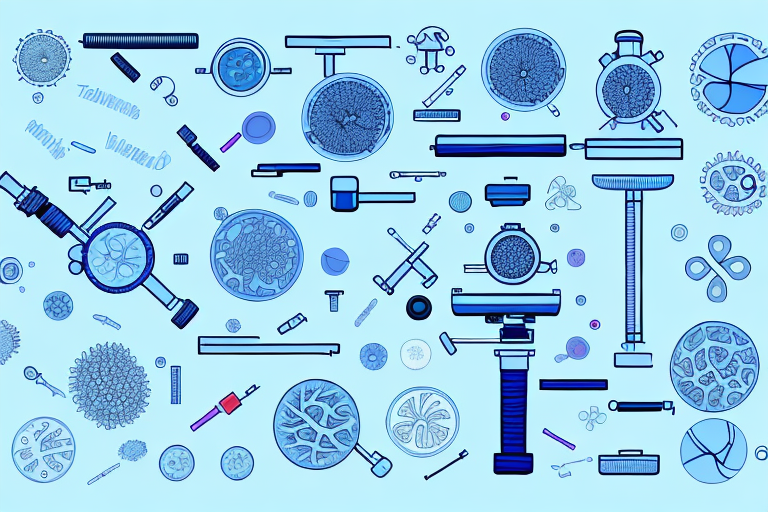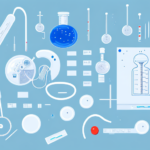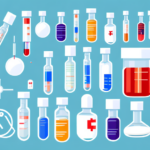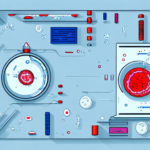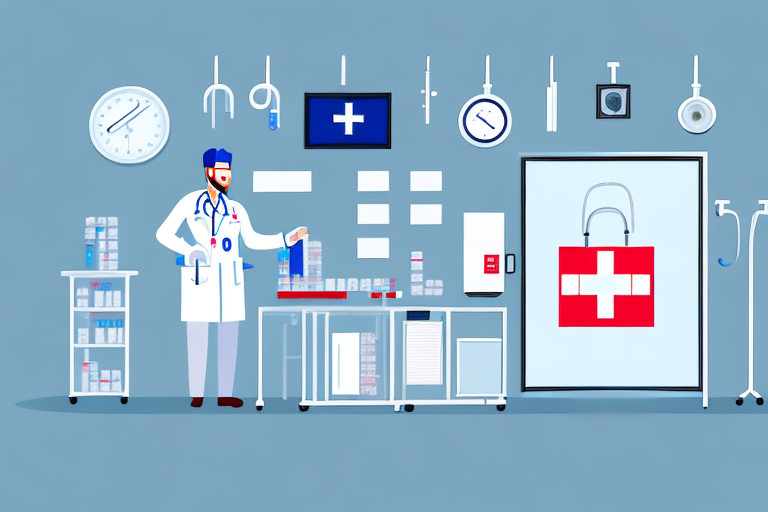Understanding the Importance of Medical Specimens
Medical specimens are fundamental to modern healthcare, serving as the cornerstone for accurate diagnosis, effective treatment, and groundbreaking research. The proper collection, storage, and analysis of these specimens directly influence patient outcomes and the advancement of medical science. This article delves into the multifaceted role of medical specimens, exploring their types, collection methods, applications in disease diagnosis and treatment, and the ethical considerations surrounding their use.
Role of Medical Specimens in Diagnosis and Treatment
Disease Diagnosis
Medical specimens are pivotal in diagnosing a wide array of diseases. For instance, blood specimens can identify viral infections such as HIV and hepatitis, while urine specimens are instrumental in diagnosing conditions like diabetes and urinary tract infections. According to the Centers for Disease Control and Prevention (CDC), accurate specimen analysis is crucial for early detection and effective management of diseases.
Treatment Monitoring
Beyond diagnosis, medical specimens are essential for monitoring the progression of diseases and the effectiveness of treatments. Regular testing of blood and urine allows healthcare providers to assess how well a patient is responding to therapies, such as chemotherapy in cancer patients. This continuous monitoring can lead to timely adjustments in treatment plans, enhancing patient outcomes.
Types of Medical Specimens and Collection Methods
Blood Specimens
Blood specimens are among the most commonly collected samples in healthcare due to their versatility. They are typically gathered using needles and syringes and can be analyzed for a multitude of parameters, including blood cell counts, glucose levels, and the presence of pathogens.
Urine Specimens
Urine samples are collected in sterile containers and provide valuable insights into kidney function, metabolic conditions, and urinary tract health. They are non-invasive and easy to obtain, making them a preferred choice for routine screenings.
Saliva and Feces
Saliva specimens are increasingly used for genetic testing and hormone level assessments, while fecal samples are essential for diagnosing digestive disorders and detecting hidden blood, which may indicate colorectal cancer.
Tissue and Biopsy Specimens
Tissue specimens are collected through biopsies and are crucial for diagnosing cancers and other tissue-related disorders. They allow for histological examinations that can determine the type and stage of cancer, guiding treatment decisions.
Cerebrospinal Fluid (CSF)
CSF is collected via lumbar puncture and is vital for diagnosing neurological disorders such as meningitis and multiple sclerosis. Analyzing CSF helps in understanding the extent of infection or inflammation in the central nervous system.
Handling, Storage, and Impact on Results
Collection Procedures
Proper collection techniques are essential to maintain the integrity of medical specimens. For example, blood must be drawn using sterile equipment and techniques to prevent contamination, while urine samples should be collected midstream to avoid external contaminants.
Storage Guidelines
Each type of specimen requires specific storage conditions to preserve its validity. Blood samples often need refrigeration or freezing, whereas urine samples may be stored at cooler temperatures to prevent bacterial growth. Adhering to these guidelines ensures that the specimens remain suitable for accurate analysis.
Impact on Test Results
Improper handling or storage can compromise the quality of medical specimens, leading to inaccurate test results. Factors such as temperature fluctuations, exposure to light, and delays in processing can alter the chemical composition of samples, potentially resulting in misdiagnosis or ineffective treatment plans.
Research and Technological Advances in Medical Specimens
Drug Development and Biomarker Identification
Medical specimens are indispensable in the research and development of new drugs. By analyzing these samples, researchers can identify biomarkers—biological indicators associated with specific diseases. This knowledge facilitates the creation of targeted therapies that can more effectively treat or even cure conditions that were previously difficult to manage.
Personalized Medicine
The advent of personalized medicine relies heavily on the analysis of individual medical specimens. By examining a patient's genetic makeup and specific biomarkers, healthcare providers can tailor treatments to the unique needs of each patient, enhancing efficacy and reducing adverse effects.
Technological Advancements
Innovations such as artificial intelligence (AI) and automation are revolutionizing the collection and analysis of medical specimens. AI algorithms can process large datasets to identify patterns and predict disease progression, while automation streamlines specimen handling, increasing efficiency and accuracy in laboratories.
Challenges, Future Directions, and Ethical Considerations
Common Challenges in Collection and Analysis
Collecting and analyzing medical specimens present several challenges, including sample sensitivity and the risk of contamination. Human error during collection or processing can lead to inaccurate results, emphasizing the need for rigorous training and standardized procedures in healthcare settings.
Future Techniques
The future of medical specimen handling lies in the development of non-invasive collection methods and advanced storage solutions. Techniques such as microfluidics enable the analysis of smaller sample volumes with greater precision, while improved storage technologies maintain specimen integrity over longer periods.
Ethical Considerations
The use of medical specimens in research raises important ethical questions regarding informed consent and patient privacy. It is imperative that patients are fully informed about how their specimens will be used and that their data is protected to prevent misuse.
Collaboration Between Healthcare Professionals and Laboratories
Effective collaboration between healthcare providers and laboratories ensures the timely and accurate analysis of medical specimens. Sharing pertinent clinical information and adhering to communication protocols enhances the reliability of test results, ultimately leading to better patient care.
Conclusion
Medical specimens are a cornerstone of contemporary medicine, enabling precise diagnosis, effective treatment, and innovative research. The meticulous collection, storage, and analysis of these specimens are crucial for maintaining their integrity and ensuring accurate results. As technology advances, the role of medical specimens will continue to expand, offering new opportunities for improving patient outcomes and advancing medical science.















